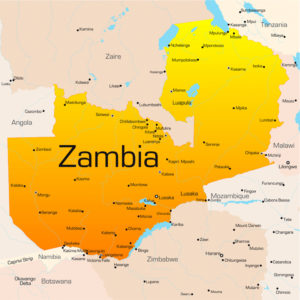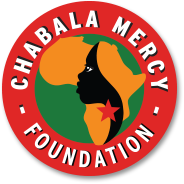 The Chabala Mercy Foundation works within the towns and villages of Zambia, Africa
The Chabala Mercy Foundation works within the towns and villages of Zambia, Africa
Due to extreme poverty, the plight of AIDS and other health issues, and societal challenges, many young girls in Zambia find themselves on their own, living with relatives, or married off at a young age.
Through our organization we intend to give more girls in Zambia a fighting chance for a safe home, adequate food and health care, and education.
Key Statistics
- Zambia has one of the lowest birth registration rates globally (less than 10 percent) and slow progress in raising registration figures.
- 1.2 million orphans under 15 years of age — 800,000 are affected by HIV and AIDS.
- High rate of early marriage with 42 percent of women aged 20-24 married before 18 years of age.
- An estimated 20,000 children are street working/living.
- Approximately 12 percent of children aged 5-14 years are working.
Background
Largely due to the threats of profound poverty and HIV and AIDS, children in Zambia are at greater risk of social exclusion and exploitation than ever before. Poverty is widespread, with 64 percent of the total population living below the poverty line, rising to 80 percent in rural areas. The HIV and AIDS pandemic has diverse social and economic effects and has caused many deaths among working-age adults. A third of children lose one or both parents before they reach adulthood, with 19 percent of orphans losing both their mother and father. 1.2 million children are orphaned and one in three of these orphans are living with a grandparent.
Issue
In Zambia, domestication of human rights treaties needs to be strengthened. Resources allocated to child protection are inadequate and there is insufficient reliable data to inform programming. There is also a lack of integrated family support services which increases the vulnerability of children. Though the framework for service delivery exists, coverage and quality are limited. Further, the effects of the global economic crisis may threaten child survival and development, entrench chronic poverty, and create long-term harm for the poorest.
Vulnerable households include children living with non traditional heads of households, such as grandparents or children themselves. As these are groups that are dependants, not providers, such households are often incapable of generating adequate income or providing the care or protection that mothers and fathers traditionally provide. In addition, many more households are headed by mothers and fathers who are also vulnerable due to high levels of domestic violence, unemployment, and substance abuse.
